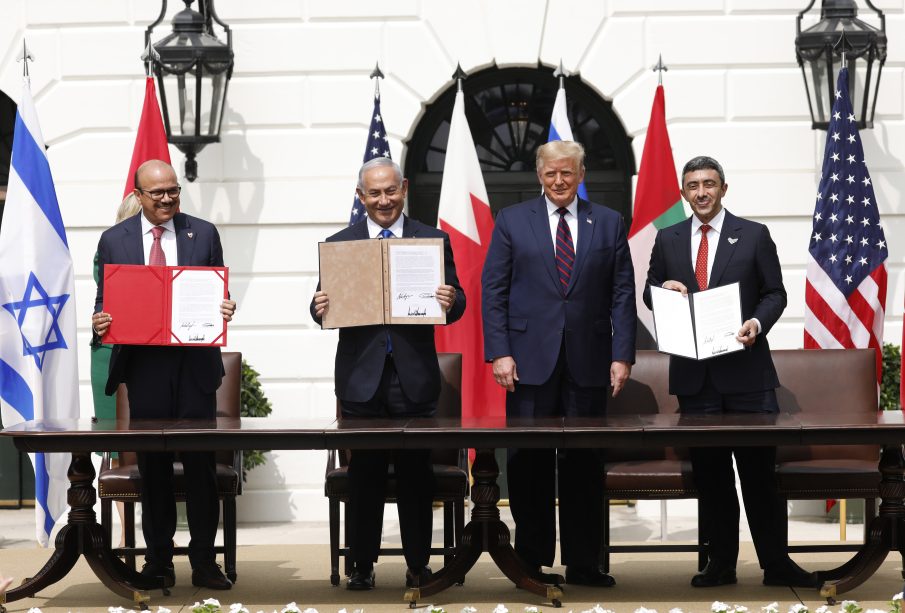Understanding the Abraham Accords: Their Impact and Significance

Introduction
The Abraham Accords, a series of agreements achieved in 2020 between Israel, the United Arab Emirates (UAE), and Bahrain, have been heralded as a transformative moment in Middle Eastern diplomacy. These accords not only normalised relations between previously adversarial nations but also sparked a wave of potential peace initiatives within the region. Their significance extends beyond mere diplomatic recognition, as they pave the way for increased economic cooperation, cultural exchanges, and regional stability.
The Background
Before the signing of the Abraham Accords, the Middle East was often characterised by long-standing conflicts and hostilities, particularly between Israel and various Arab states. The turning point came under the administration of former U.S. President Donald Trump, who played a crucial role in negotiations. The accords were officially signed at the White House on September 15, 2020, with the historical commitment to peace observed by a multitude of international observers.
Key Components of the Accords
The Abraham Accords entail multiple components that aim to strengthen ties between Israel and its new partners. Among the most significant outcomes are:
- Diplomatic Relations: The UAE and Bahrain established full diplomatic relations with Israel, opening embassies and initiating official dialogues.
- Economic Cooperation: The accords point to opportunities in trade, tourism, and technology, thereby promising mutual benefits and fostering economic growth.
- Security Alliances: The agreements are also strategically positioned to enhance collective security for the signatories against common threats in the region.
Recent Developments
Since their inception, the Abraham Accords have influenced international relations in various ways. Other countries such as Sudan and Morocco have expressed interest in normalising relations with Israel, indicating a ripple effect of the agreements. Furthermore, discussions are ongoing regarding potential new partnerships, indicating a growing acceptance of Israel in the Arab world.
Challenges and Criticisms
Despite the optimism surrounding the accords, they are not free from challenges. Critics argue that the agreements overlook the Palestinian issue, which remains a core conflict within the region. There are concerns that the lack of a comprehensive peace agreement with the Palestinians could undermine the long-term stability promised by these accords. Additionally, tensions with other regional powers, particularly Iran, continue to present complex challenges.
Conclusion
The Abraham Accords represent a significant diplomatic breakthrough that has the potential to redefine the geopolitical landscape of the Middle East. While their success ultimately hinges on the broader context of Israeli-Palestinian relations and regional stability, they undeniably facilitate new avenues of cooperation and dialogue. As countries explore these relationships, the potential for peace and prosperity in the region holds both promise and complexity for future international diplomacy.





